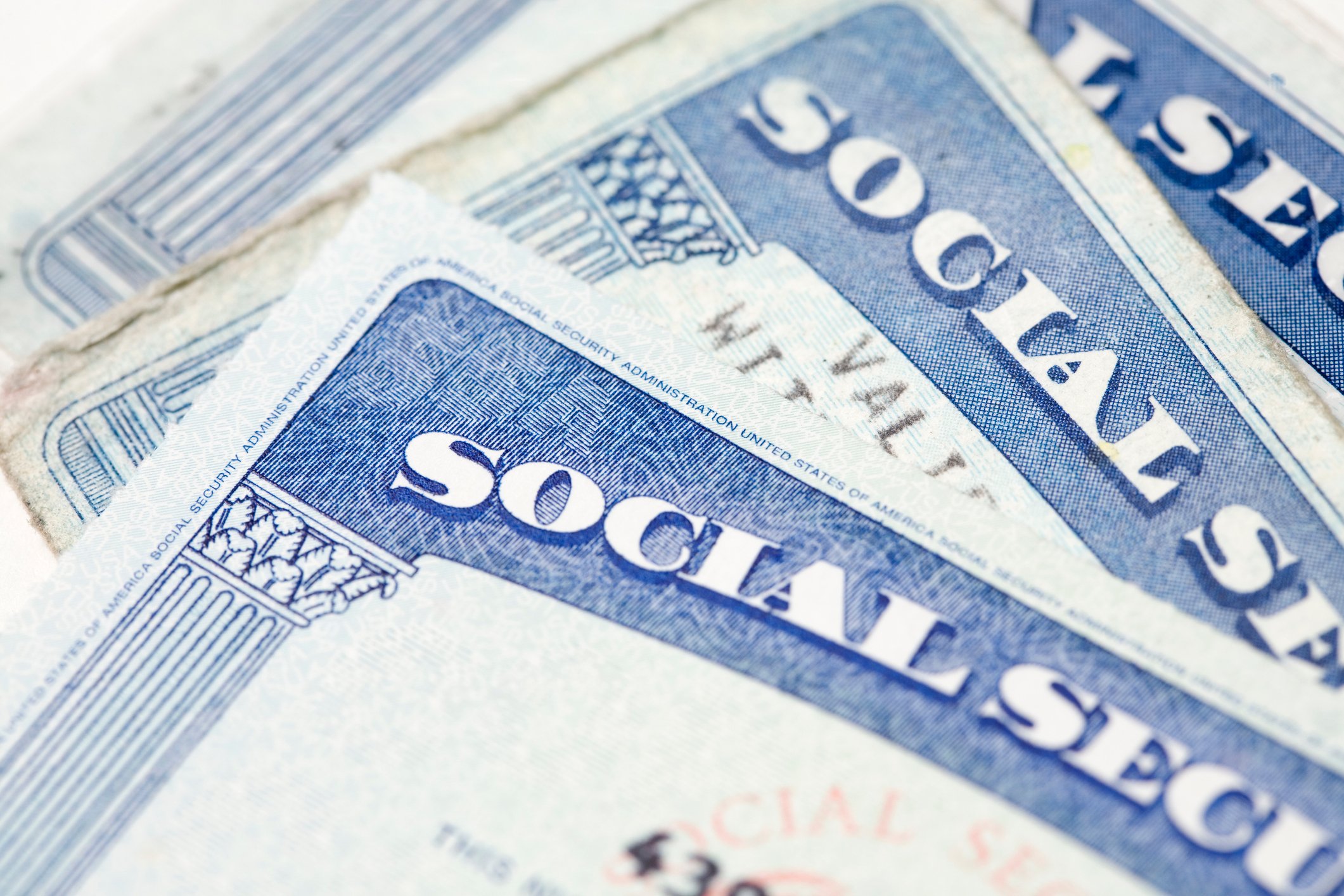As you near retirement age, one of the most important decisions you'll have to make is when to file for Social Security benefits.
You can claim them as early as age 62, although doing so would mean a significant reduction in the size of your monthly benefit payment. The federal government has designated an age for each of us based on the year of our birth as our "full retirement age" (FRA) -- the one at which filers are entitled to what is defined as our standard benefit amount. Start taking Social Security earlier than that, and your benefits will be reduced by a fraction of a percent for each month below your full retirement age you are when you begin. Or you can wait until after your FRA and earn delayed retirement credits on your retirement benefits up until the age of 70. These boost the size of your monthly checks.
Since waiting until 70 will net you the largest possible monthly retirement benefits, there's a strong argument to be made for doing that. After all, that strategy maximizes your payouts from a guaranteed lifetime income source that's also protected against inflation.
But it's not the right choice for everyone. To figure out what your best bet is, there are a few key questions you should ask yourself.

Image source: Getty Images.
How long do you think you'll live?
Social Security's payout structure was designed so that if you live an average lifespan -- based on actuarial tables -- you'll get about the same amount in total benefits from the program regardless of whether you start receiving them at 62, at 70, or some age in between. The earlier you claim, the smaller the individual checks will be, but the more of them you'll receive. Wait longer, and the reverse is true.
If your health and family history suggest you'll live to an average old age, it won't much matter when you claim your benefits. But if you have reason to expect you'll die younger, claiming Social Security early would be the financially prudent move, as you're less likely to collect enough of the larger checks you'd get by delaying to make up for the payments you'd forego.
On the other hand, if you think you'll live longer, claiming at 70 is a smart move. You'll get the largest possible monthly benefits, and over time, you'll receive enough of those payments to compensate for the ones you missed by waiting. And after you hit that break-even point, you'll keep getting those larger benefits, so you'll end up ahead.
It's difficult to figure out when you'll pass away. But you should start by considering your own health history and your family's health history. If you're fit as a fiddle, and everyone in your family lived to 105, it's a pretty good bet waiting until you're 70 to file makes sense for you.
What's your spouse doing?
If you're married, the decisions you make about your own Social Security can have a big impact on your spouse.
If you earned a lot more than your husband or wife, they may want to claim benefits based on your work record rather than their own. They can't unless you've already claimed your benefits. You may decide it makes sense to claim early and accept a reduced benefit so that your beloved can start getting spousal benefits right away too. In this situation, waiting until 70 might not make sense for you.
On the other hand, claiming benefits early reduces the survivor's benefits available to your spouse if you pass away. If you'd like to maximize those, you may decide to wait to file. For couples in this situation, it can make sense for the lower-earning spouse to claim first, which will add some income to the household while the higher earner waits to file.
You'll want to coordinate with your spouse and figure out how to maximize the combined benefits you'll receive, as well as the income the surviving partner will get later.
What are your retirement plans?
If you want to retire early, or need to because of unemployment, health, or family issues, you may not be able to wait until age 70 to file for benefits. Unless your savings can sustain you without supplementary income from Social Security, you may have no choice but to claim early.
On the other hand, if you're in your 60s but don't need the money from Social Security because you're still working or have built up a substantial enough nest egg, you may decide to delay until 70 so you'll have more income from the program later in life. Since expensive health issues tend to crop up for us in our old age, this approach might make a whole lot of sense.
This isn't one-size-fits-all
As you can see, there's no one right answer to the question of whether you should claim Social Security at 70 or start taking your benefits at a younger age. But if you start by answering these three questions for yourself, you'll be able to make a more informed choice about what strategy will best serve you in retirement.





